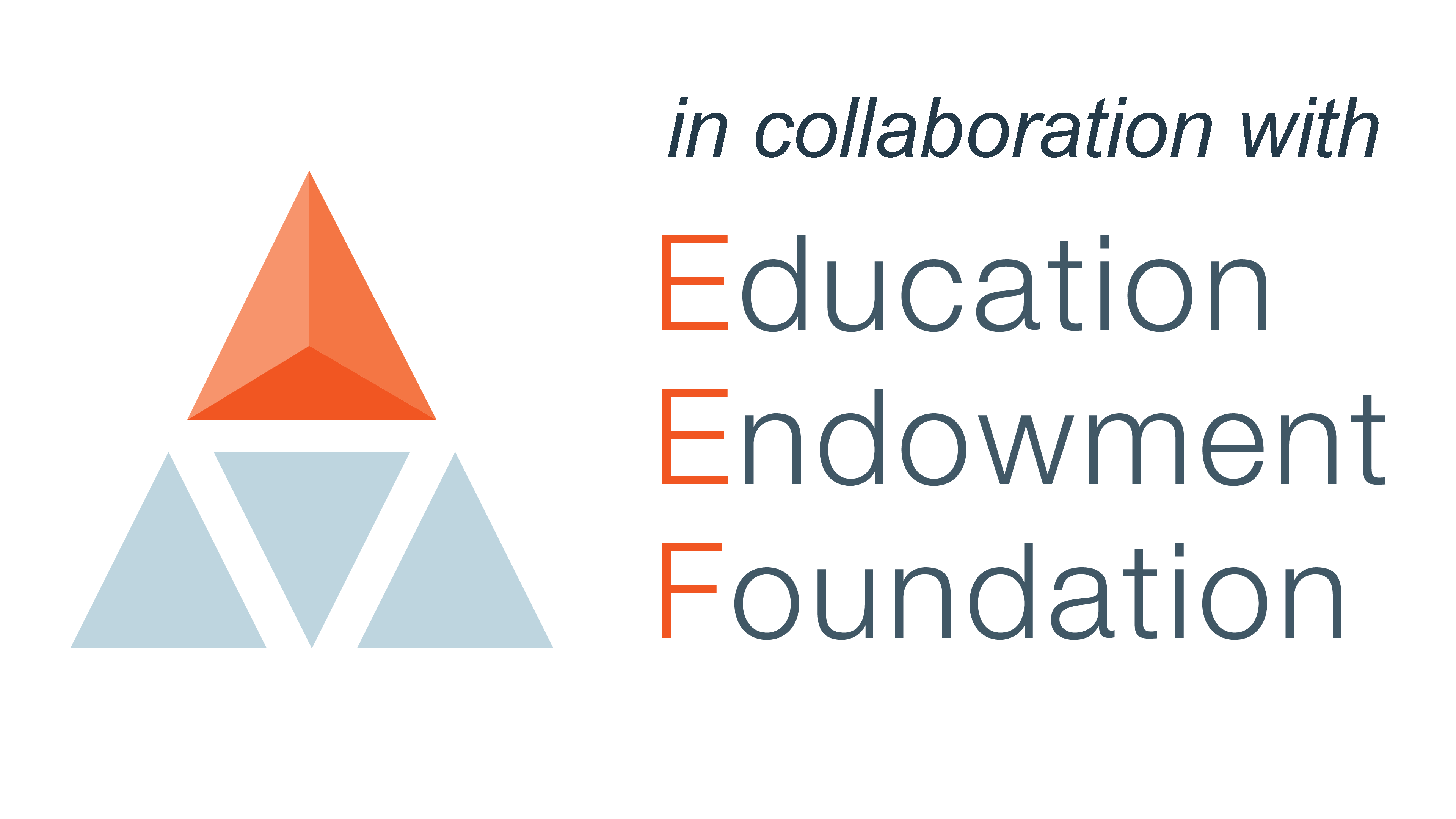
Get the best experience in our app
Enjoy offline reading, category favourites, and instant updates - right from your pocket.
How does research get commissioned?
Where education research is commissioned, it is important for teachers to consider the organisation that has done the commissioning
The Education Endowment Foundation (EEF) is an independent charity dedicated to breaking the link between family income and educational achievement.
To achieve this, it summarises the best available evidence for teachers; its Teaching and Learning Toolkit, for example, is used by 70 per cent of secondary schools.
The charity also generates new evidence of “what works” to improve teaching and learning, by funding independent evaluations of high-potential projects, and supports teachers and senior leaders to use the evidence to achieve the maximum possible benefit for young people.
Recent
Most read





